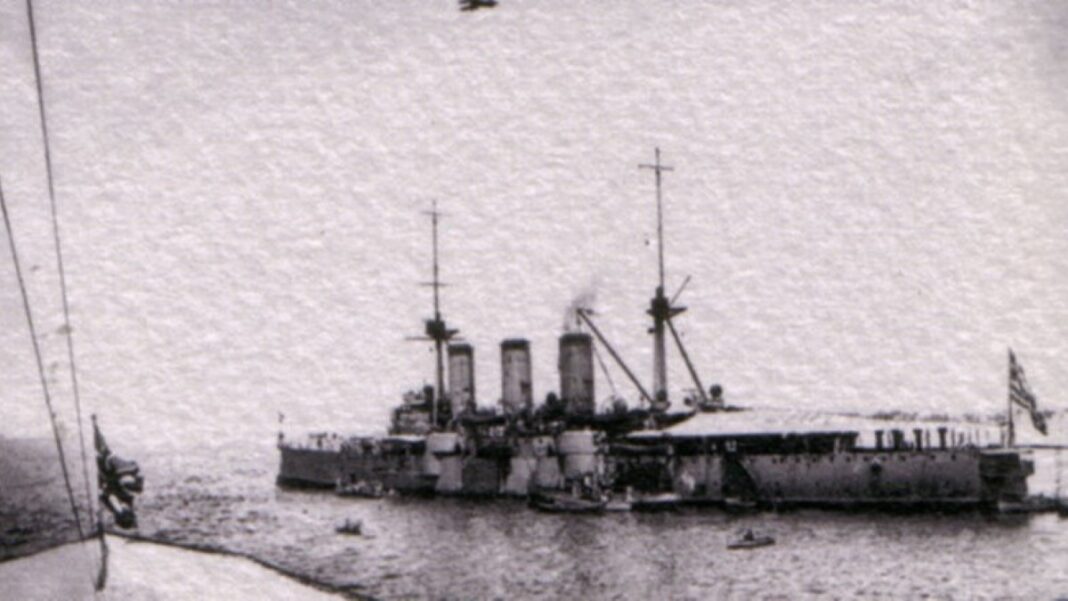INDIA: The First Balkan War, which lasted from October 1912 to May 1913, saw the victorious alliance of Bulgaria, Serbia, Greece, and Montenegro against the Ottoman Empire.
One of the war’s critical events was the Second Naval Battle of Lemnos, which occurred on January 18, 1913.
The Greek flotilla, commanded by Rear Admiral Pavlos Kountouriotis, consisted of four battleships, four cruisers, and several smaller vessels.
The Ottoman Navy, led by Rear Admiral Souchoukov, had three battleships, three cruisers, and several smaller ships.
The battle began early in the morning, with the Greek ships approaching the Ottoman fleet at high speed. The Greeks caught the Ottoman ships off guard and quickly outmanoeuvred them.
The Greek battleships quickly closed in on the Ottoman ships and began firing their main guns. The Ottomans attempted to fight back, but their ships were no match for the Greeks.
A few hours of intense fighting with the Greeks forced the Ottoman ships to retreat.
The Greeks had successfully destroyed two Ottoman battleships and several smaller vessels while only losing one cruiser.
The Greeks effectively neutralised the Ottoman Navy, and the flotilla was able to secure the islands of the northern Aegean Sea for Greece.
This naval victory was a crucial turning point in the First Balkan War because it gave the Greeks control over the Aegean Sea and allowed the successful invasion of the Gallipoli peninsula.
The Battle of Lemnos also significantly influenced the course of World War I, as it weakened the Ottoman Empire and made it easier for the Allies to invade the Dardanelles.
The First Balkan War was a significant event in the history of the Balkan Peninsula, as it marked the first time in centuries that the Balkan nations were able to challenge the Ottoman Empire successfully.
It also marked the end of the Ottoman Empire’s dominance in the region and the rise of the Balkan nations as independent states.
The Naval Battle of Lemnos was a crucial moment in the First Balkan War and had far-reaching consequences for the region and the world.
The battle was a shining moment for Greece as it demonstrated its military prowess and secured its control over the northern Aegean Sea.
The Naval Battle of Lemnos also served as a harbinger of things to come, as it foreshadowed the eventual collapse of the Ottoman Empire and the emergence of the modern Balkan states.
Also Read: Second Anglo-Sikh War: The Beginning of British Oppression in India



